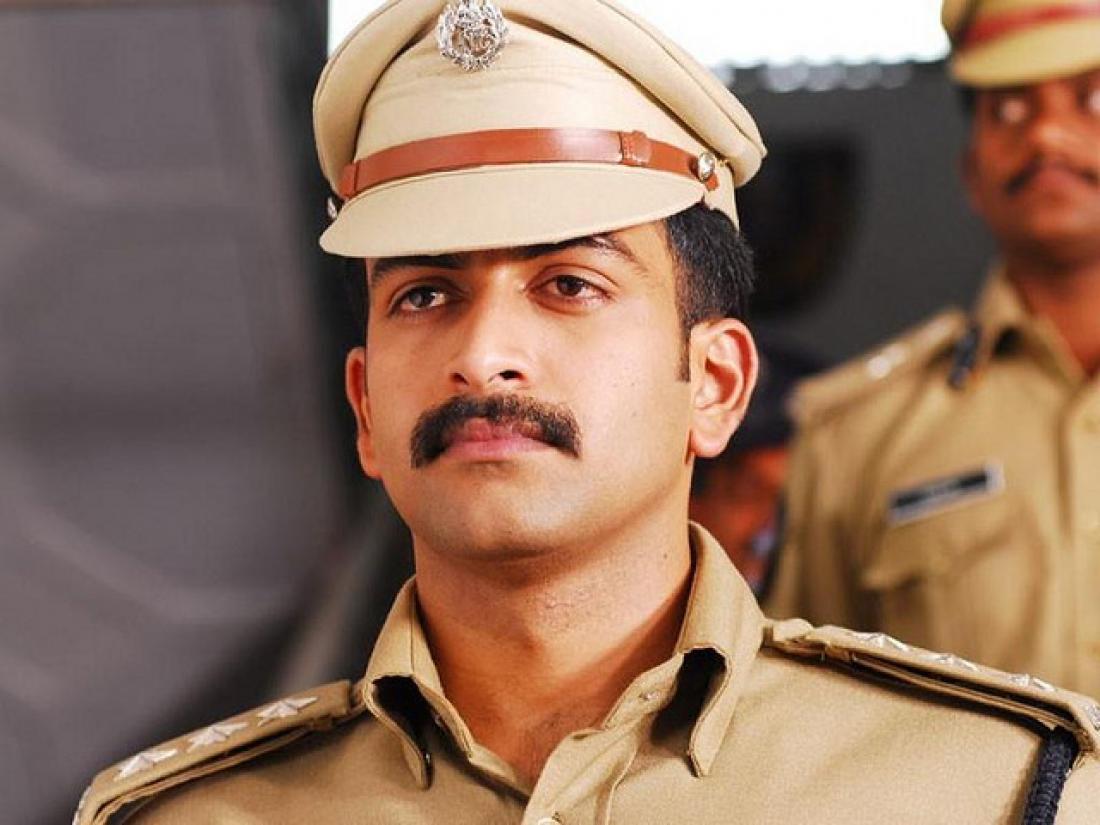Police personnel given stress management interventions respond better when a combination of physical and mental therapies are given than where just relaxation techniques are used. Research published this month in the Pertanika Journal of Social Science and Humanities uses volunteer police personnel and shows significant differences between two groups, given either multidimensional or relaxation therapies.
Police work can place officers in situations where reaction, speed, coordination and the capacity to make rapid decisions and accurate judgements under pressure is critical. If not managed, stress can significantly impair these abilities. Ranta R S from the Institute of Integrated Himalayan Studies devised stress and anger management techniques based on Indian psychological models and which included yoga and meditational techniques. 80 participants were chosen from different ranks of volunteer police personnel and divided into two groups. One group was given interventions across the physical and mental spectrum while the other received just physical relaxation. Given the importance of effective stress management for police, the researcher hopes the findings will be replicated in further studies.
Author contact
Ranta, R. S.
Institute of Integrated Himalayan Studies
(UGC Centre of Excellence)
Himachal Pradesh University
Shimla, India
Email: [email protected] (Ranta, R. S.)
About Pertanika Journal of Social Sciences & Humanities (JSSH)
Pertanika Journal of Social Sciences & Humanities (JSSH) is published by Universiti Putra Malaysia in English and is open to authors around the world regardless of nationality. It is published four times a year in March, June, September and December. Other Pertanika series include Pertanika Journal of Tropical Agricultural Science (JTAS), and Pertanika Journal of Science & Technology (JST).
JSSH aims to develop as a pioneer journal for the social sciences with a focus on emerging issues pertaining to the social and behavioural sciences as well as the humanities. Areas relevant to the scope of the journal include Social Sciences—Accounting, anthropology, Archaeology and history, Architecture and habitat, Consumer and family economics, Economics, Education, Finance, Geography, Law, Management studies, Media and communication studies, Political sciences and public policy, Population studies, Psychology, Sociology, Technology management, Tourism; Humanities—Arts and culture, Dance, Historical and civilisation studies, Language and Linguistics, Literature, Music, Philosophy, Religious studies, Sports.
The journal publishes original academic articles dealing with research on issues of worldwide relevance. The journals cater for scientists, professors, researchers, post-docs, scholars and students who wish to promote and communicate advances in the fields of Social Sciences & Humanities research.
For more information about the journal, contact:
The Chief Executive Editor (UPM Journals)
Head, Journal Division, UPM Press
Office of the Deputy Vice Chancellor (R&I)
IDEA Tower 2, UPM-MDTC Technology Centre
Universiti Putra Malaysia
43400 Serdang, Selangor
Malaysia.
Phone: +(603) 8947 1622 | +(6016) 217 4050
Email: [email protected]
Acknowledgements
The Chief Executive Editor, UPM Journals



